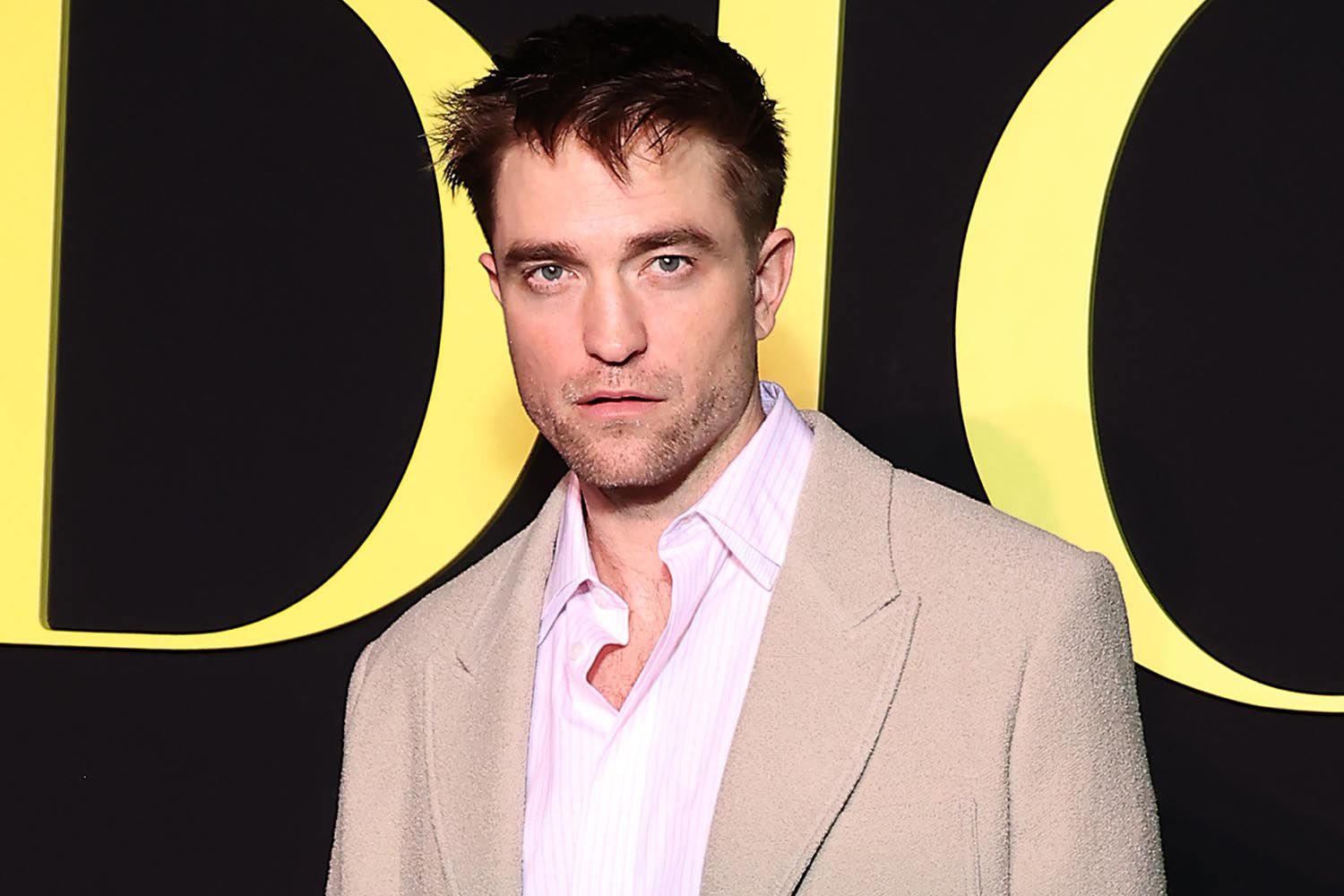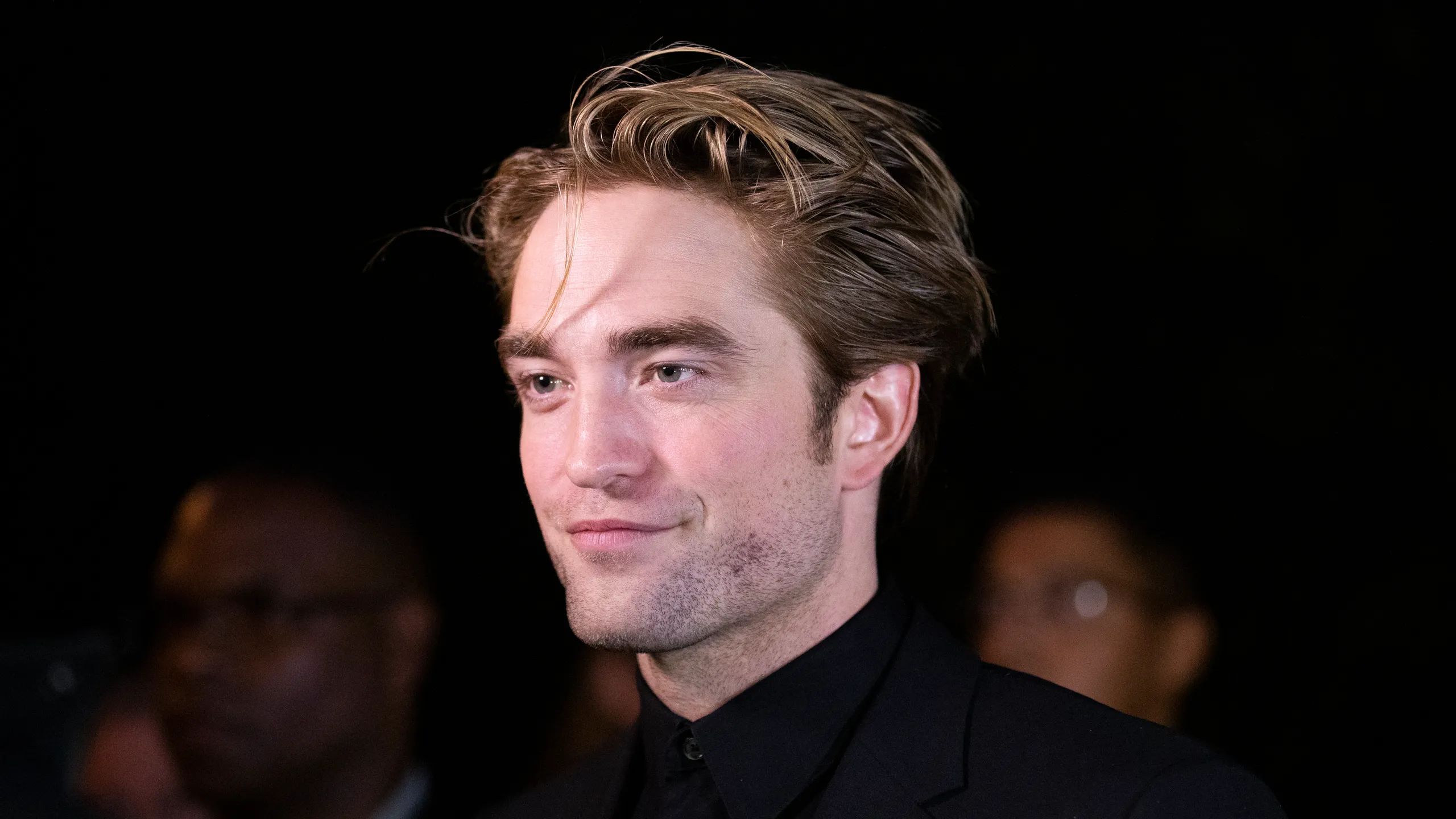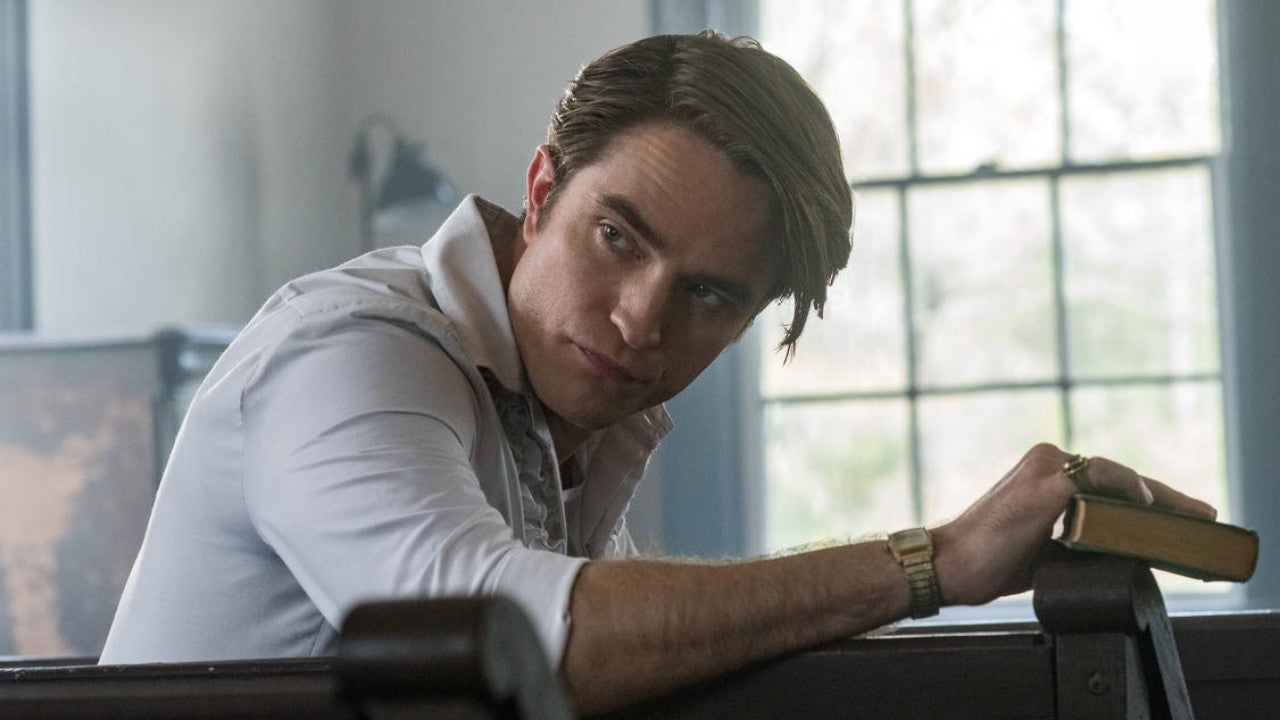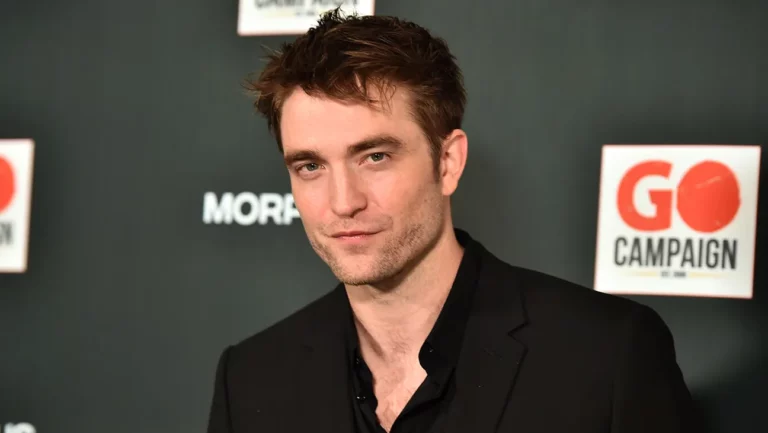In the world of Hollywood, Robert Pattinson’s career trajectory is nothing short of remarkable. He’s an actor who has continually defied expectations, shedding the notorious image that once plagued him during his Twilight days. From indie hits like Good Time to mainstream successes like The Batman, Pattinson has emerged as one of the most versatile actors of his generation. But amid his incredible journey, one film, Bel Ami, stands out as a pivotal turning point that helped him distance himself from the global phenomenon that was Twilight.

The Twilight Conundrum: From Teenage Heartthrob to Critical Ridicule
For many, Robert Pattinson is still synonymous with Edward Cullen, the brooding, sparkling vampire from Twilight (2008). While the franchise made him a household name and brought in millions at the box office, it also became a source of creative frustration for the actor. The Twilight saga, despite its commercial success, was relentlessly mocked by critics and audiences alike, leaving Pattinson caught in a web of typecasting and ridicule.
Pattinson himself has been candid about his struggle with the role.
“The worst thing he did was Twilight,”
quips a portion of his fan base, echoing the sentiment that, while financially rewarding, Twilight did little to showcase the actor’s true potential.
But the beauty of Robert Pattinson’s career is that he never let Twilight define him. In fact, he spent years trying to scrub away the embarrassment that came with the role. As his star continued to rise, the industry gradually realized that Pattinson had far more to offer than teen angst and glittering skin.
Rising Above Twilight: Enter Bel Ami
It wasn’t long after Twilight wrapped up that Robert Pattinson began his quest to reshape his career. One of the films that marked this transition was Bel Ami (2012), a period drama that showcased his versatility in a completely different light.
In Bel Ami, Pattinson plays Georges Duroy, a manipulative and morally corrupt man determined to climb the social ladder in 19th-century Paris. His portrayal of Duroy was a stark departure from the pining vampire fans had come to know. This role allowed him to flex his acting chops, bringing to life a character that was cold, calculating, and unapologetically ambitious.
A particularly memorable scene from Bel Ami sees Pattinson delivering a monologue so intense and eerie that it leaves audiences with chills, effectively distancing him from his Twilight image. This performance helped solidify the notion that Robert Pattinson was not just the actor who played Edward Cullen—he was a serious talent with immense range.
From Indie Darling to Blockbuster Star: Pattinson’s Career Renaissance
Post-Twilight, Robert Pattinson navigated a unique path, steering clear of major studio films and opting instead for indie dramas. These films, including The Rover, Cosmopolis, and Good Time, allowed him to further explore complex and unconventional roles. His performance in Good Time (2017), in particular, was hailed as a revelation. Critics and fans alike were astounded by his ability to disappear into the role of a desperate bank robber, with many dubbing it his best performance to date.
Pattinson’s decision to take on these offbeat, challenging roles paid off. He was no longer just the guy from Twilight—he had transformed into an actor capable of delivering deeply layered and nuanced performances.

“I was afraid I would go broke,”
Pattinson once confessed, reflecting on his post-Twilight career and the fear of being blacklisted by the industry. But instead of retreating into obscurity, he continued to push the boundaries of his craft, working with acclaimed directors like Claire Denis and the Safdie Brothers. He has since been lauded for his ability to embody characters that are worlds apart from the lovesick vampire he once played.
The Lighthouse and Beyond: Cementing His Legacy
By the time The Lighthouse (2019) hit theaters, it was clear that Robert Pattinson had fully shed the Twilight stigma. In this psychological thriller, Pattinson stars opposite Willem Dafoe in a film that is equal parts surreal and terrifying. His portrayal of a tormented lighthouse keeper further showcased his ability to dive deep into dark, complex roles, earning him widespread critical acclaim.
Each film seemed to bring something new to the table, further proving his versatility. Whether playing a billionaire vigilante in The Batman (2022) or stepping into the shoes of a medieval French prince in The King (2019), Pattinson consistently challenged expectations. Fans marveled at how he could seamlessly transform from one character to the next, with no two roles ever feeling remotely similar.
Robert Pattinson’s Future: Mickey 17 and Beyond
As Robert Pattinson prepares for his upcoming role in Mickey 17, a sci-fi thriller directed by the acclaimed Bong Joon-ho, fans eagerly await yet another transformation. This film promises to deliver something entirely new, with Pattinson reportedly adopting a comically high-pitched accent for the role.
With each project, it becomes increasingly clear that Robert Pattinson’s career is only getting started. His ability to reinvent himself with each role is unparalleled, and his choices continue to intrigue both fans and filmmakers alike. And while Twilight may still be a source of amusement for some, it’s undeniable that the man behind the vampire has evolved into one of Hollywood’s most sought-after talents.

The “worst thing” Robert Pattinson did may have been Twilight, but it was also the catalyst for one of the most fascinating career reinventions in recent memory. From Bel Ami to The Lighthouse, and now with major blockbusters like The Batman, Pattinson has proven that he is an actor who refuses to be boxed in by a single role. He’s conquered indie cinema, revitalized his career, and is now sitting comfortably at the top of Hollywood’s A-list.
The question now isn’t whether Robert Pattinson will continue to impress—it’s what transformative role he’ll take on next. For an actor who’s constantly defying expectations, the future looks exceptionally bright.
